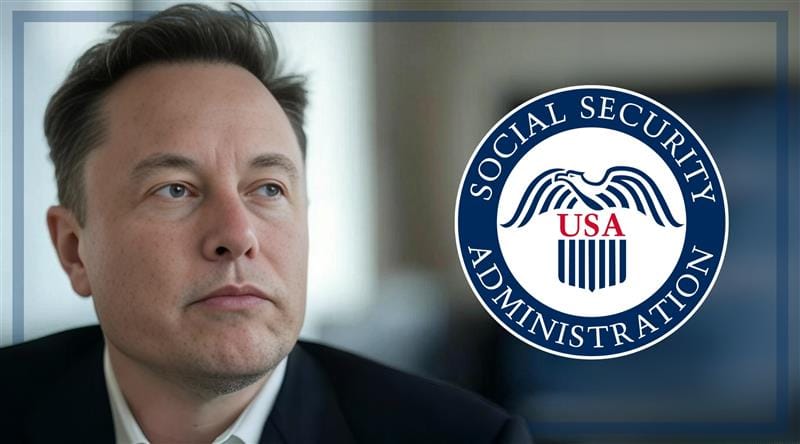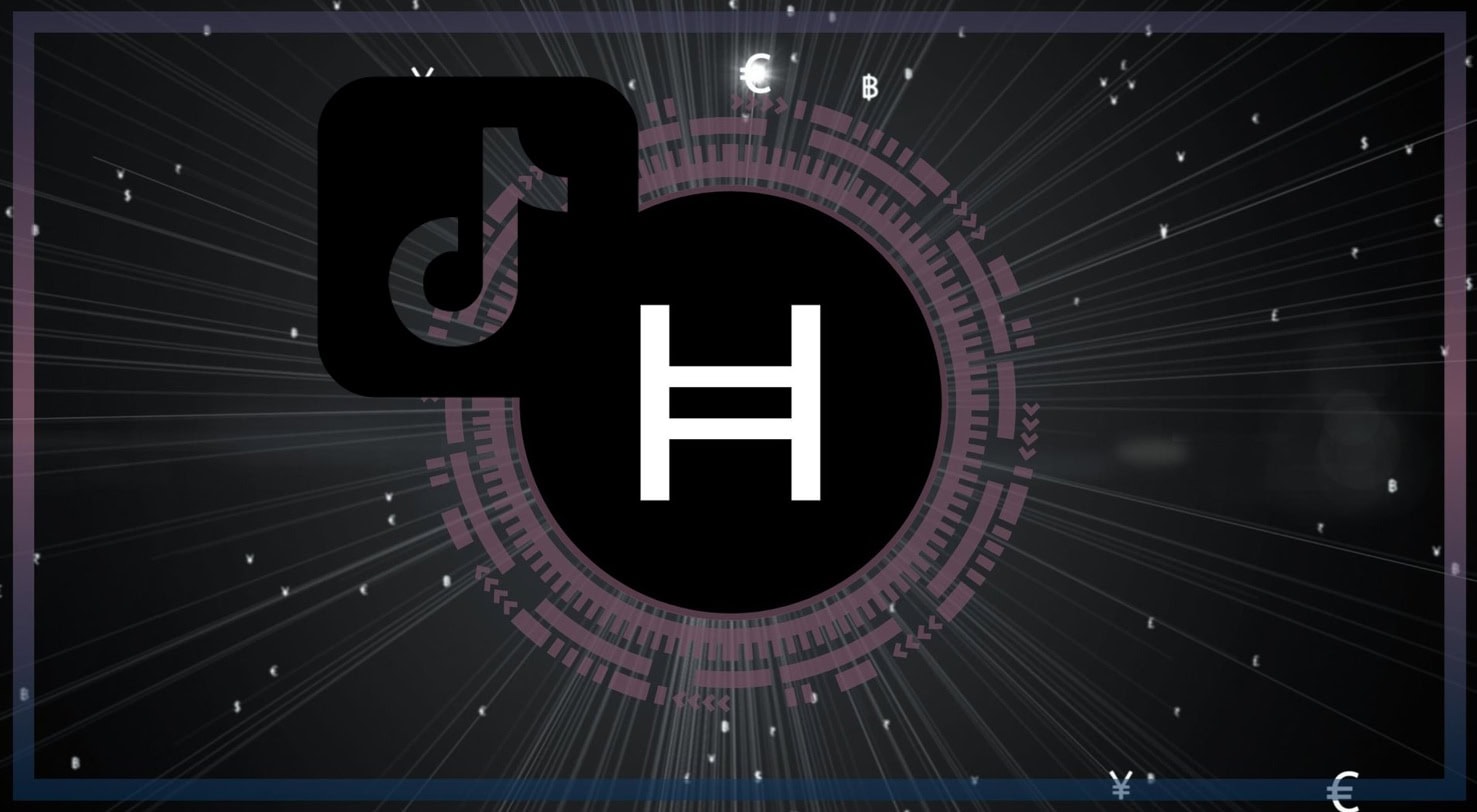Elon Musk’s recent claim that 150-year-old “vampires” were receiving social security benefits raised concerns about widespread fraud in the system. But as information trickled out, it came to light that there was an error in his findings. DOGE programmers had fundamentally misunderstood how the Social Security Administration (SSA) processes information, and failed to fully contextualise a significant portion of its data.
But the outrageous nature of Musk’s claim disguises real issues with both DOGE and the SSA. While 150-year-old “vampires” may not be receiving benefits, the social security system and Musk’s cost-cutting still raise problems for the American taxpayer.
Misreading COBOL
Musk’s claim stemmed from DOGE staff misreading an outdated programming language called COBOL (Common Business-Oriented Language). COBOL is a 60-year-old programming language that DOGE staff were evidently unfamiliar with, and which some analysts have highlighted as being outdated for years.
Developed in 1959, COBOL does not comply with modern data types. Instead, it begins with a date of reference and programmers must manually enter the amount of time that has passed since that date. If information is missing, the computer will automatically default by inputting the date of reference. The reference date used by the SSA is May 20, 1875, which means that anyone with a birth date missing in the system would appear to be turning 150 this year.
But an even simpler way to disprove Musk’s claim was to look at the SSA website. Beneficiaries over the age of 115 are definitively suspended from receiving any benefits by an entirely automated process.
If Musk and DOGE could have fact-checked their claim, why didn’t they? Was it an honest mistake, or as Sen. Bernie Sanders claims, part of a larger ambition to “privatize [social security] and give it over to Wall Street?”
Martin O’Malley and the SSA
At the centre of this controversy is former SSA commissioner Martin O’Malley. The former governor of Maryland and mayor of Baltimore recently lambasted DOGE. The young programmers, he said, had no understanding of the SSA and could do serious damage to the system.
“These 19-year-old nitwits from DOGE,” said O’Malley, “that are violating the law and plucking people’s personal identifying information, they don’t know what they’re looking at.” Their misreading of the data, at least, supports O’Malley’s claims.
But O’Malley was also the subject of criticism as SSA commissioner. In January 2025, the SSA was questioned for its telework policies, which allowed most of its employees to work from home. Some not only disagreed with the plan ideologically, but considered it a significant security risk. Working from home can open cybersecurity threats and create general data protection issues related to device security and access.
Musk, unlike O’Malley, is hardline against working from home. He once e-mailed Tesla workers to say they could “pretend to work somewhere else” or return to working 40 hours in the office each week.
O’Malley resigned as SSA commissioner to run for chair of the Democratic National Convention (DNC). Controversially, his successor Michelle King resigned after a dispute over DOGE’s access to the SSA systems. Her replacement, Leland Dudek, was appointed by Trump and immediately provided DOGE with full access to the SSA’s system, which included classified and sensitive personal data.
It is important to understand that the SSA currently embodies a political conflict. Many of the decisions being made – whether it is telework policy, or the successor to the commissioner – are politically motivated. While working from home might present a security risk, DOGE’s unfettered access to the SSA poses numerous security threats, too. So, these decisions are not just about efficiency, but also come down to control over a critical government programme.
Overpayments and Clawbacks
Unlike Musk’s “vampires,” overpayments and clawbacks are real issues for the SSA. Overpayments are both wasteful for the Taxpayer and financially devastating for the approximately 3 million Americans who receive them.
When overpayments are made, recipients are subject to “clawbacks,” where the money must be repaid to the SSA. For a mistake by the government, an American citizen can find themselves in unwarranted debt. For taxpayers and the SSA, it is both a waste time and money to resolve them, and a system which minimises overpayments would obviously be more efficient.
Additionally, with birth rates declining and life expectancy increasing, the SSA is expected to become insolvent by 2035. This is because there will soon be less people paying into the system than are being paid out. It is expected that by 2035, taxes will only cover 75 per-cent of payments. Ultimately, there will be less benefits available. The government will have to make decisions about who will get them, and how much they will receive.
Policymakers have been slow to respond. They either must cut benefits or raise taxes, neither of which is popular with the American people. Musk’s approach, which we are currently witnessing, is to cut benefits spending now to prepare Americans for their decline in the future.
Fraud or Fiction?
Musk’s SSA claim is just one of several false remarks made recently about government fraud and waste.
That DOGE’s claims can be so easily disproved raises the question of whether its auditors are unqualified, as O’Malley claims, or if there are more serious political motives at play. Even if Musk was handed the wrong information, he should be accountable for failing to fact-check it and reporting it to the press.
Either way, what this case shows is how dangerous Musk’s ‘chainsaw’ approach to government spending can be. DOGE’s allegedly underqualified programmers, more than having accessing to sensitive data, also have the authority to make funding decisions, fire staff, and alter lines of code.
For some, this represents a necessary response to an increase in government spending under Biden. Placing faith in Musk, it’s a pro-active approach to government efficiency after years of stagnation.
But mass firings and quickfire decisions appear to be creating gaps in a system which pays around 69 million Americans a year. It is estimated, further, that only 3.3% of Americans aged 60 or older will never benefit from SSA payments in their lifetime. While cutting spending is something Americans generally agree with, the shortening of staff and cutting of funding in the SSA could provide short-term gains at the expense of its efficiency in the long-run .
“Some of the things that I say will be incorrect,” admits Musk. But it will be more difficult to reverse decisions that turn out to be wrong, than to take back tweets that turn out to be false.
Conflicts of Interest
While DOGE presented itself as the solution to a lack of transparency, it has only increased obscurity. Most Americans want to put government spending under scrutiny, but the results of these investigations must also be handled with nuance.
DOGE and Elon have not released any evidence that distinguishes between or determines fraud, waste, or corruption. In fact, of the $105 billion DOGE claims to have cut, only around 30 per-cent has so far been accounted for.
Musk’s conflicts of interest are also being obscured. Since DOGE began working with the government, the Trump administration has fired five inspectors general who were investigating Musk’s companies. Musk, then, was actively under investigation by the government while DOGE was cutting spending and firing government staff.
CORRUPTION: Musk is abusing his position to block investigations into his own corporations⬇️ pic.twitter.com/wVYtsxDqir
— Congressman Greg Casar (@RepCasar) February 12, 2025
SpaceX is also currently contracted with the government to provide Starlink terminals to Ukraine. The question, then, is whether someone with an interest in government spending should be reshaping how the government is spending its money.
Bloomberg reporter Dana Hull filed freedom of information request to disclose Musk’s conflicts of interest, which was denied.
Musk vows that DOGE would run transparently. @danahull and @davidelgreco unpack what Musk's failure to lay out some basic information about DOGE's employees — and his own conflicts of interest — says about the group's promise of transparency https://t.co/o5U6fRQhnt pic.twitter.com/J41ZSNn3Al
— Bloomberg (@business) February 18, 2025
Government Transparency
While DOGE have brought to light some serious issues in the SSA, the discovered frauds and corruption are of a smaller scale than the “vampires” Musk claimed were at fault. Speaking broadly, the SSA is working efficiently. Its overall accuracy in social security payments is 99.34%, while 90.80% of Supplementary Security Income payments were accurate. These range from unemployment benefits, to disability and retirement payments, upon which millions of Americans rely. Additionally, the SSA has never missed a payment since its inception.
So, it appears that a lack of transparency is the real issue. For example, EY’s audit of the SSA found several deficiencies, which included two financially significant cases of mishandling payments. It also found cases of terminated accounts not being disabled within the correct timeframe. But auditors do not share the details of these cases. All that is made available is their reported findings and recommendations. Without this information, it cannot conclusively be stated that there is widespread fraud in the SSA. On the contrary, it can be said that improper payments make up just 1 per-cent of the SSA’s total figure, and most of these are overpayments subject to “clawbacks.”
Musk’s hyperbole could bring attention to government inefficiency and inspire Americans to demand greater transparency. But his methods, whether dishonest or misinformed, in combination with a lack of transparency, might prove more costly for the taxpayer than social security fraud.
Author: Sean Maguire
#ElonMusk #SocialSecurity #SocialSecurityFraud #DOGE #GovernmentTransparency #GovernmentEfficiency #Tesla #SpaceX
See Also
How Elon Musk’s Tesla Bonuses Are Fuelling a Delaware Exodus in 2025
Elon Musk crushes Tesla’s union using his control over Twitter















